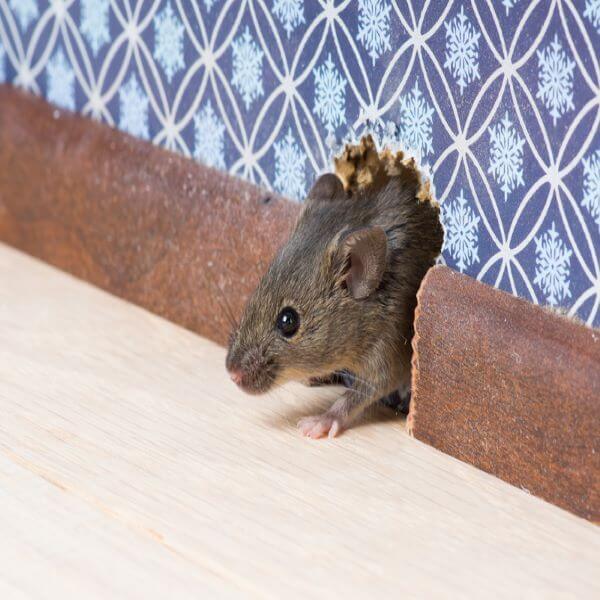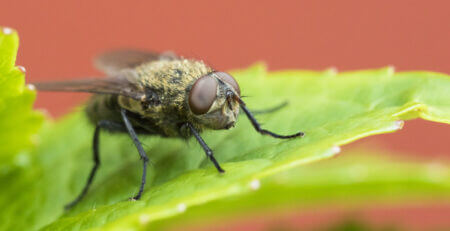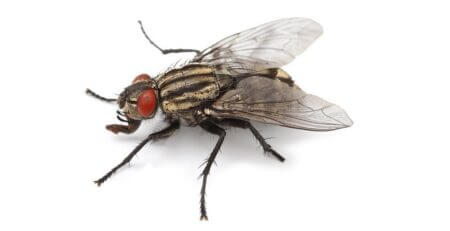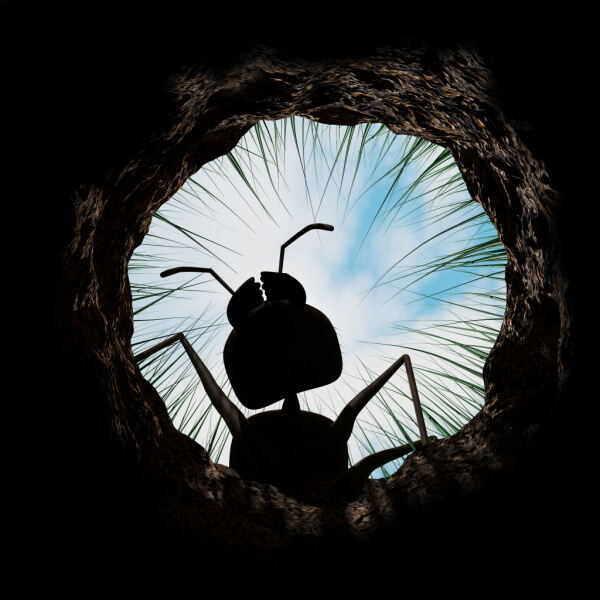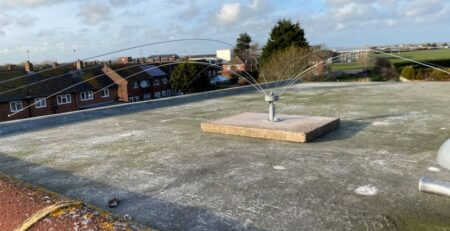Ant Control and Your Pets: Ensuring Their Safety during Treatment
When dealing with ant infestations, it is important to consider the safety of our beloved pets. While effective ant control is necessary, it should not compromise the well-being of our furry friends. In this article, we will discuss various strategies to ensure the safety of pets during ant control treatments. We will explore pet-friendly ant control products and methods, keeping ant baits and traps away from pets’ reach, protecting pets in the yard during outdoor ant control, and the importance of consulting a veterinarian for ant-related health concerns for pets.
Pet-Friendly Ant Control Products and Methods
It is crucial to choose ant control products and methods that are safe for pets. Here are some pet-friendly options:
- Natural Remedies: Utilize pet-safe essential oils, such as diluted peppermint or lemon, to create a natural ant deterrent.
- Pet-Safe Baits: Look for ant baits specifically labelled as safe for use around pets. These baits contain ingredients that attract ants but are not harmful to animals.
- Physical Barriers: Create barriers using pet-safe substances, such as diatomaceous earth, to prevent ants from accessing areas frequented by pets.
By opting for pet-friendly ant control products and methods, you can effectively manage ant infestations without endangering your pets.
Keeping Ant Baits and Traps Away from Pets’ Reach
Ant baits and traps are effective tools for ant control but can pose risks to pets if not handled properly. Follow these guidelines to keep them away from your pets’ reach:
- Placement: Position ant baits and traps in areas inaccessible to pets, such as behind furniture, in cabinets secured with child-proof latches, or under appliances.
- Elevated Placement: Use elevated bait stations specifically designed to keep bait out of pets’ reach while allowing ants to access them.
- Secure Areas: Restrict your pets’ access to treated areas until the ant control products have dried or settled.
By carefully placing ant baits and traps and ensuring they are out of pets’ reach, you can prevent accidental ingestion or exposure.
Outdoor Ant Control: Protecting Your Pets in the Garden
Outdoor ant control measures should prioritize the safety of your pets. Consider the following precautions:
- Pet-Friendly Yard Treatments: Opt for pet-safe garden treatments and avoid the use of pesticides that are harmful to animals.
- Temporary Relocation: If garden treatments require the temporary evacuation of pets, ensure they are safely relocated to an area free from treated surfaces.
- Avoidance of Treated Areas: Restrict your pets’ access to recently treated outdoor areas until the products have dried or settled.
By using pet-friendly outdoor ant control methods and taking precautions to protect your pets, you can maintain a safe environment.
Consulting a Veterinarian
Ant-Related Health Concerns for Pets: If you suspect your pet has come into contact with ants or ant control products, consulting a veterinarian is essential. Some ant-related health concerns for pets include:
- Allergic Reactions: Pets, just like humans, can exhibit allergic reactions to ant bites or stings. Watch for signs of swelling, redness, hives, or difficulty breathing.
- Ingestion of Toxic Substances: Certain ant control products may contain ingredients that are toxic to pets. Immediate veterinary attention is necessary if ingestion occurs.
- Skin Irritation: Ants can cause skin irritation, particularly for pets with sensitive skin. Excessive scratching or redness should be assessed by a veterinarian.
Veterinary guidance ensures proper diagnosis, treatment, and preventive measures to safeguard your pet’s health in case of ant-related concerns.
Conclusion
Ant control should never come at the expense of our pets’ safety. By adopting pet-friendly ant control products and methods, keeping ant baits and traps out of pets’ reach, protecting pets during outdoor ant control, and consulting a veterinarian when necessary, we can ensure the well-being of our furry companions. Choose natural remedies and pet-safe ant control products to effectively manage ant infestations without posing risks to your pets. Proper placement of ant baits and traps and restricting pets’ access to treated areas are essential safety measures. When conducting outdoor ant control, prioritize pet-friendly garden treatments and temporary relocation if needed. Finally, consulting a veterinarian is crucial if your pet exhibits any signs of ant-related health concerns. By implementing these strategies, you can maintain a pest-free environment while safeguarding the health and happiness of your beloved pets. Remember, their safety and well-being should always be a top priority during ant control efforts.


